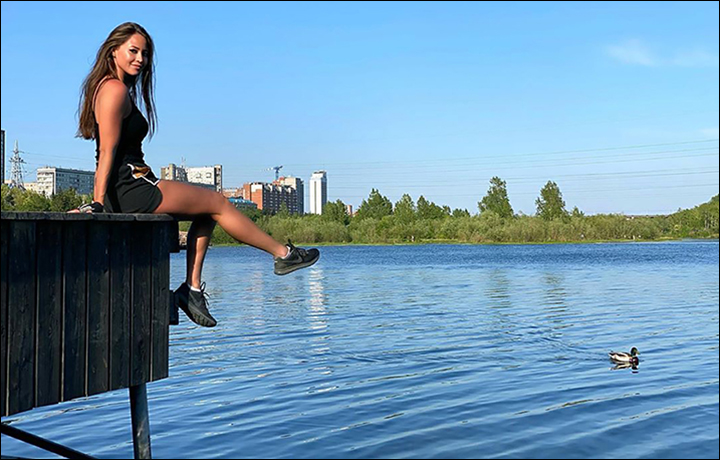Where is our spring? Locals




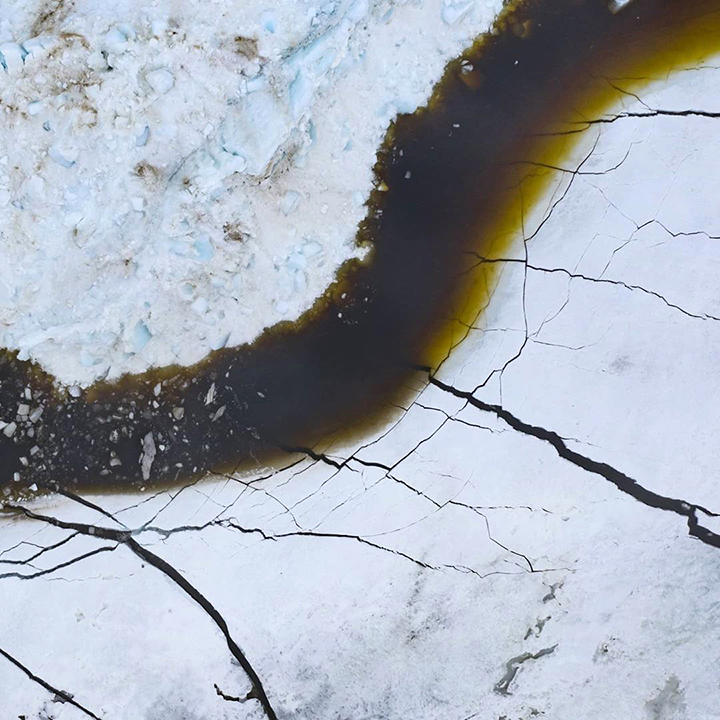

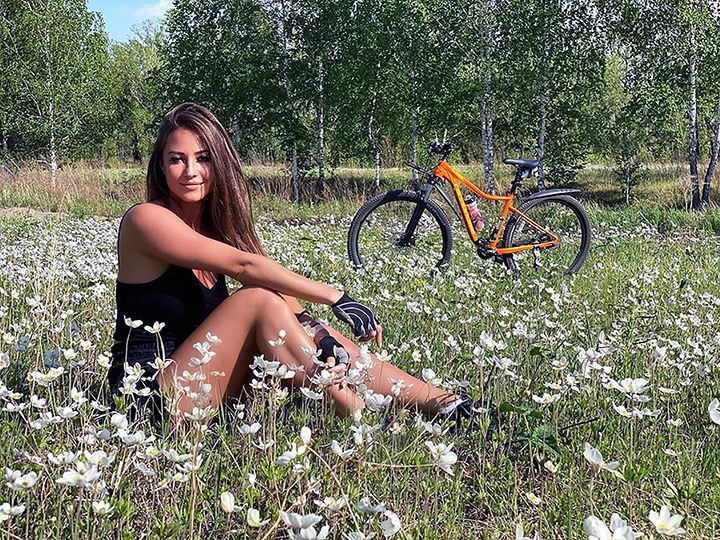
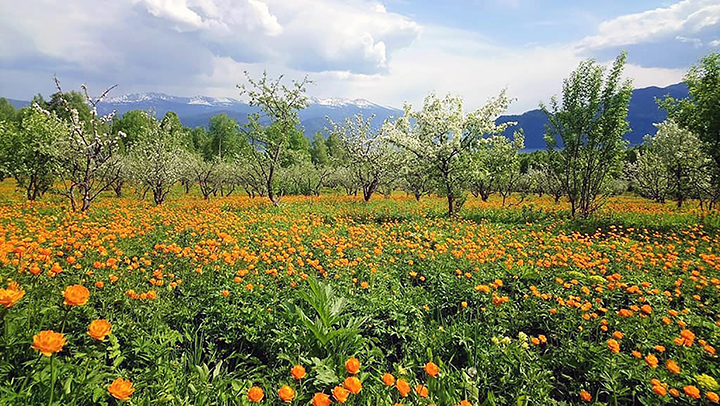
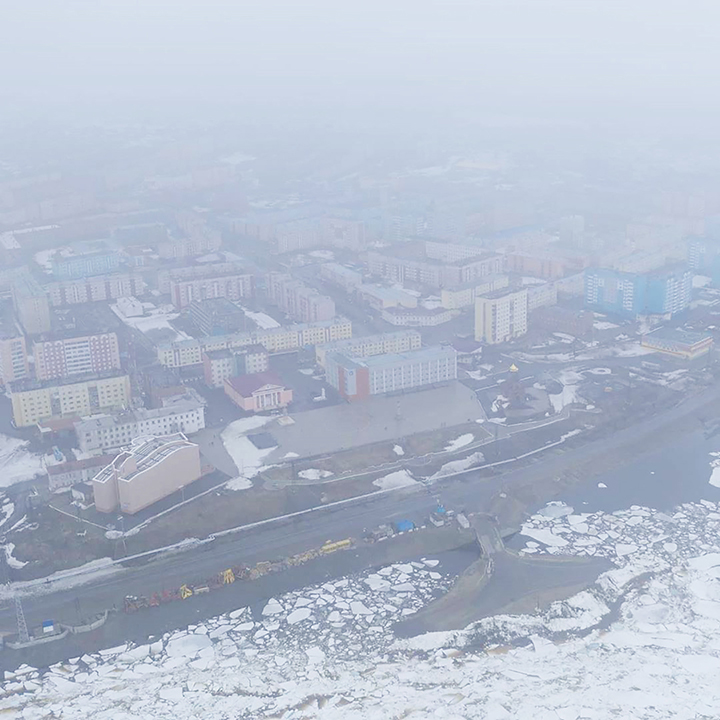
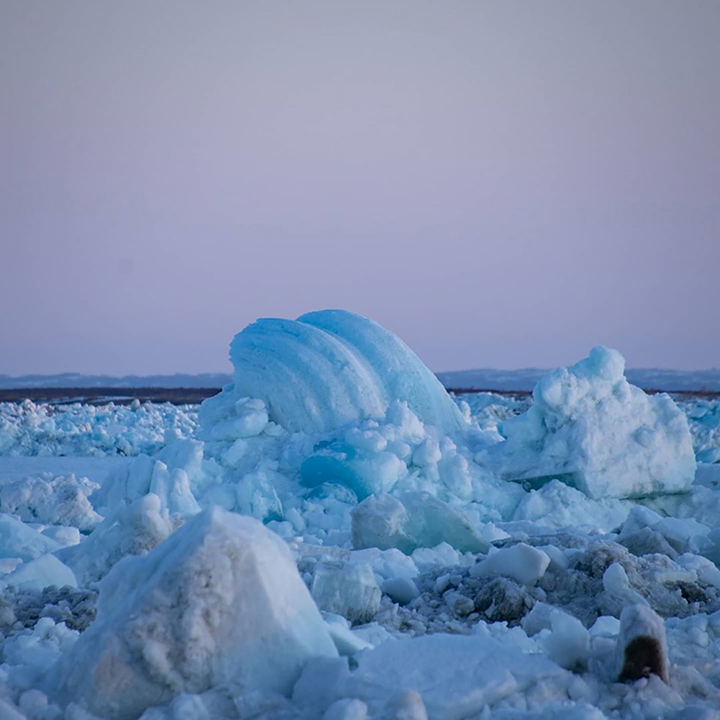

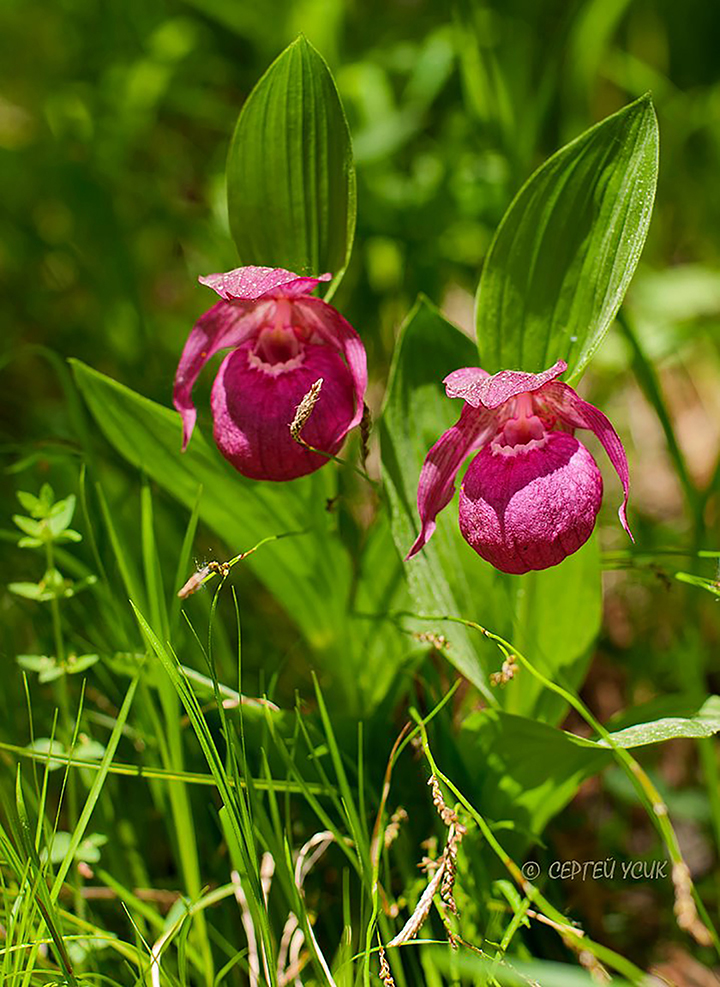
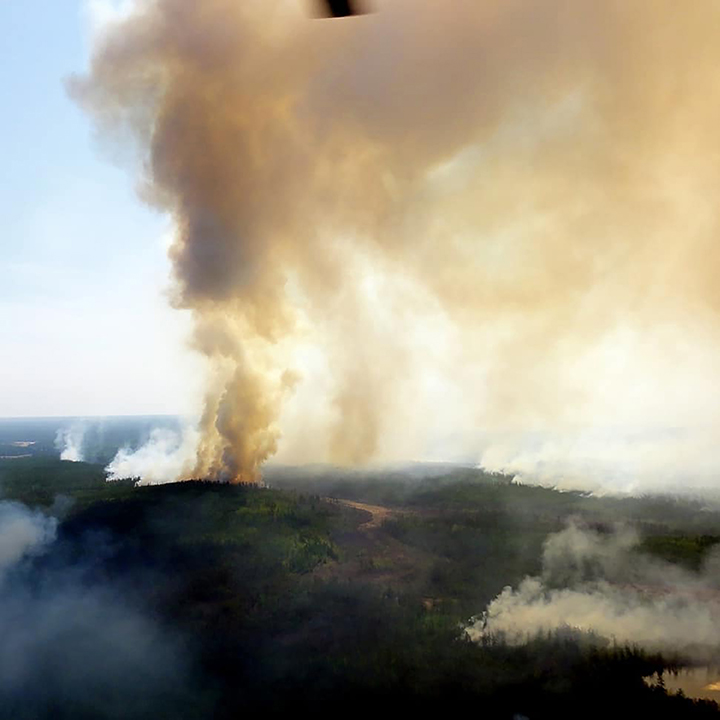
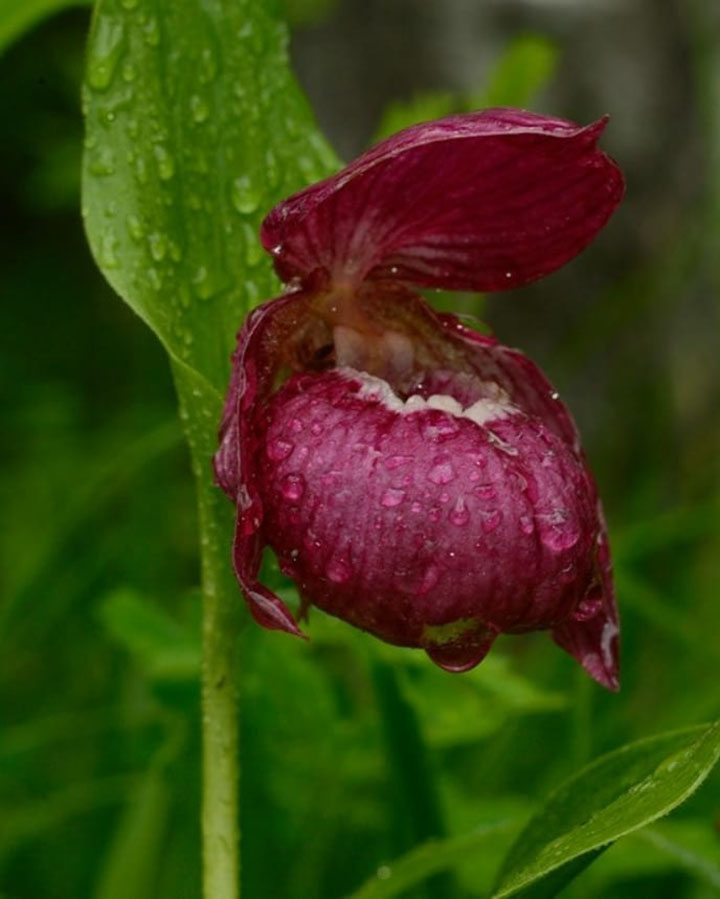
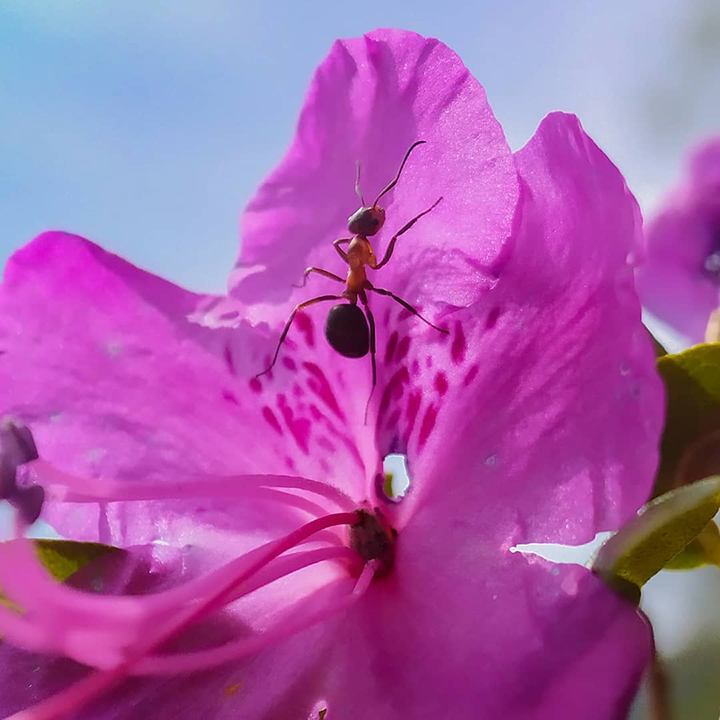
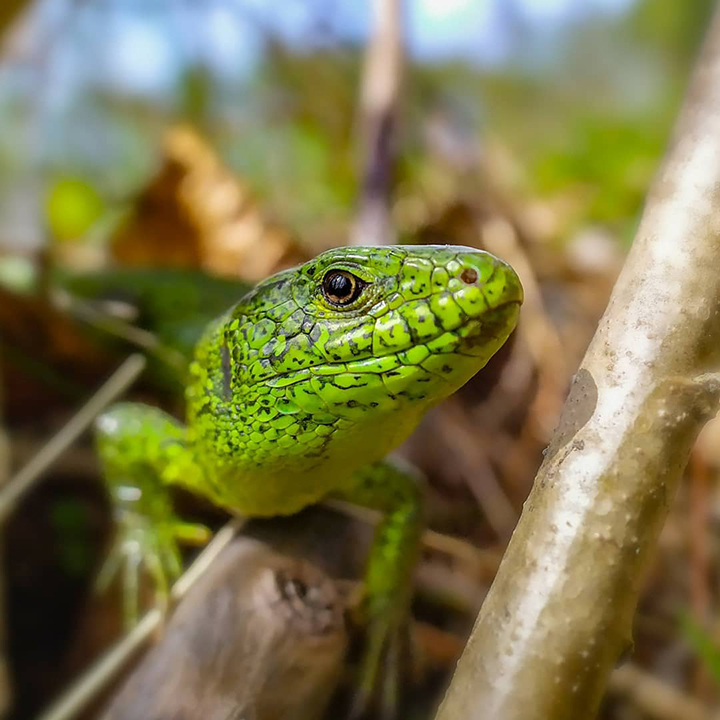
in Western Siberia say it feels
like they skipped a season
By Anna Liesowska
19 May 2020
People were seen coming out of coronavirus lockdown to enjoy sunbathing - not bathing yet as the water is too cold - in parks and beaches all around
Western Siberia. Picture: Da.ria Krasnoyarsk
A steady heat wave has been dominating the large part of Russia from the Ural Mountains to Tuva republic for weeks since the middle of April.
Record-breaking air temperatures ranging from +30C to +35C were observed
all around Western Siberia including Novosibirsk, Russia’s third largest city by population, Krasnoyarsk and nearby areas like Omsk region, Tomsk region,
Kemerovo region and the Altai mountains.
Ice on the mighty Yenisei River at its port Dudinka in the Arctic north of
Krasnoyarsk region started breaking almost a month before its usual time at the beginning of June.
Further south in Krasnoyarsk there is extreme activity of ticks, with the number of
them spiking 200 times above the norm. In Siberia ticks quite often carry
encephalitis and Lyme disease.
Over a thousand people have already reported tick bites in Kuzbass region.
In Tyumen region doctors have been lately registering one hundred cases of tick
bites a day, said head of regional infectious hospital Galina Polushkina.





Residents of Novosibirsk are seen enjoying SUP surfing and sunbathing, as ice on the mighty Yenisei River at its port Dudinka in the Arctic north of Krasnoyarsk region started breaking almost a month before its usual time at the beginning of June. Pictures: social media, Denis Denisov
People were seen coming out of coronavirus lockdown to enjoy sunbathing - not bathing yet as the water is too cold - in parks and beaches all around Western Siberia.
Apple and bird-cherry trees which normally bloom from middle to end of May were in full flower by late April, weeks ahead of their ‘normal’ schedule.
Cottonwood trees that send clouds of fluff around streets of Siberian cities from middle to late June are blossoming now.
A flower known as Northern Orchid (Cypripedium macranthos) was pictured blooming a month ahead of schedule by state inspector on Altai Biosphere reserve and photographer Sergey Usik
.





Abnormally hot May weather resembles midsummer with air temperatures as high as +35C. Pictures from Krasnoyarsk region, Krasnoyarsk and Dudinka via
social media and Denis Denisov
Other natural cycles got broken, too, with dragonflies waking up in forests and
flowers like Paeonia anomala and Asian globeflower blossoming four, five weeks
earlier than usual.
‘It’s like there was no spring and we moved from the end of winter with metres-high piles of snow straight into summer.
'There was no spring, no weeks-long gentle rise of temperature. Somebody just
clicked ‘hot air’ switch on at the end of April, and summer began. I’m Siberian-born and lived here for sixty years, I don’t remember a single spring like this’, said journalist Sergey Zubchuk from Barnaul.

Residents relax in the sun in the city of Omsk. Picture: Vera Dutova
Record heat was spotted in oil-rich town of Surgut with air warming to +28C in the middle of May, which is ten degrees C above the norm.
Last time similarly warm temperature above +20C was recorded decades ago in
1947, 1957 and 1962.
‘The heat wave came to us from the southwest, almost from Iran’, said associate professor Alexey Kozhukhovskiy from the department of Geography at Siberian
Federal University.
He also said that relatively warm winter played a role in extremely high temperature of this May.

A flower known as Northern Orchid (Cypripedium macranthos) was pictured blooming a month ahead of schedule by state inspector on Altai Biosphere reserve and photographer Sergey Usik
Normally winter weather on the huge territory from Mongolia to the Taymyr peninsula is formed by Asian maximum, otherwise known as Siberian anticyclone. The anticyclone is an area of high air pressure which brings cold weather.
This year is ‘dissipated’ unusually fast, Kozhukhovsky said, which affected air temperature both in winter and in spring.
Unusually hot and dry weather shifted the agricultural calendar in Western Siberia by at least a couple of weeks so that seeding started in the middle of April.
Might this lead to richer harvest?
Associate professor Vladimir Kumpan, a specialist in Agricultural Sciences at Omsk State Agrarian University, said early flowering will not lead to a large crop, but rather will negatively affect its quality.

Hot and dry weather have also added to lockdown misery by spiking a
number of forest and steppe wildfires in Western Siberia, with two million
hectares destroyed by the end of April and a fear of a lot more infernos to
come should the weather continue to stay this hot. File image Ministry of Emergencies Yakutia
Leaves of cereal crops sown in April were going yellow weeks later in May, he said, which points to lack of moisture and can damage crops if hot weather persists.
‘April 2020 was atypically warm for Omsk region. The development of plants,
specially fruit and berry plants, is currently ahead by two, two and a half weeks.
'We saw pear and apple trees blossoming simultaneously which is very rare.
Abnormally hot weather can adversely affect pollination and subsequent fruit
setting’, Dr Kumpan told 'Omsk Zdes’ newspaper.
Hot and dry weather have also added to lockdown misery by spiking a number of
forest and steppe wildfires in Western Siberia, with two million hectares destroyed
by the end of April and a fear of a lot more infernos to come should the weather
continue to stay this hot.
Where is our spring? Locals in Western Siberia say it feels like they skipped a season. Pictures from Altai Nature Reserve by Sergey Usik, Tatiana Klimenko






